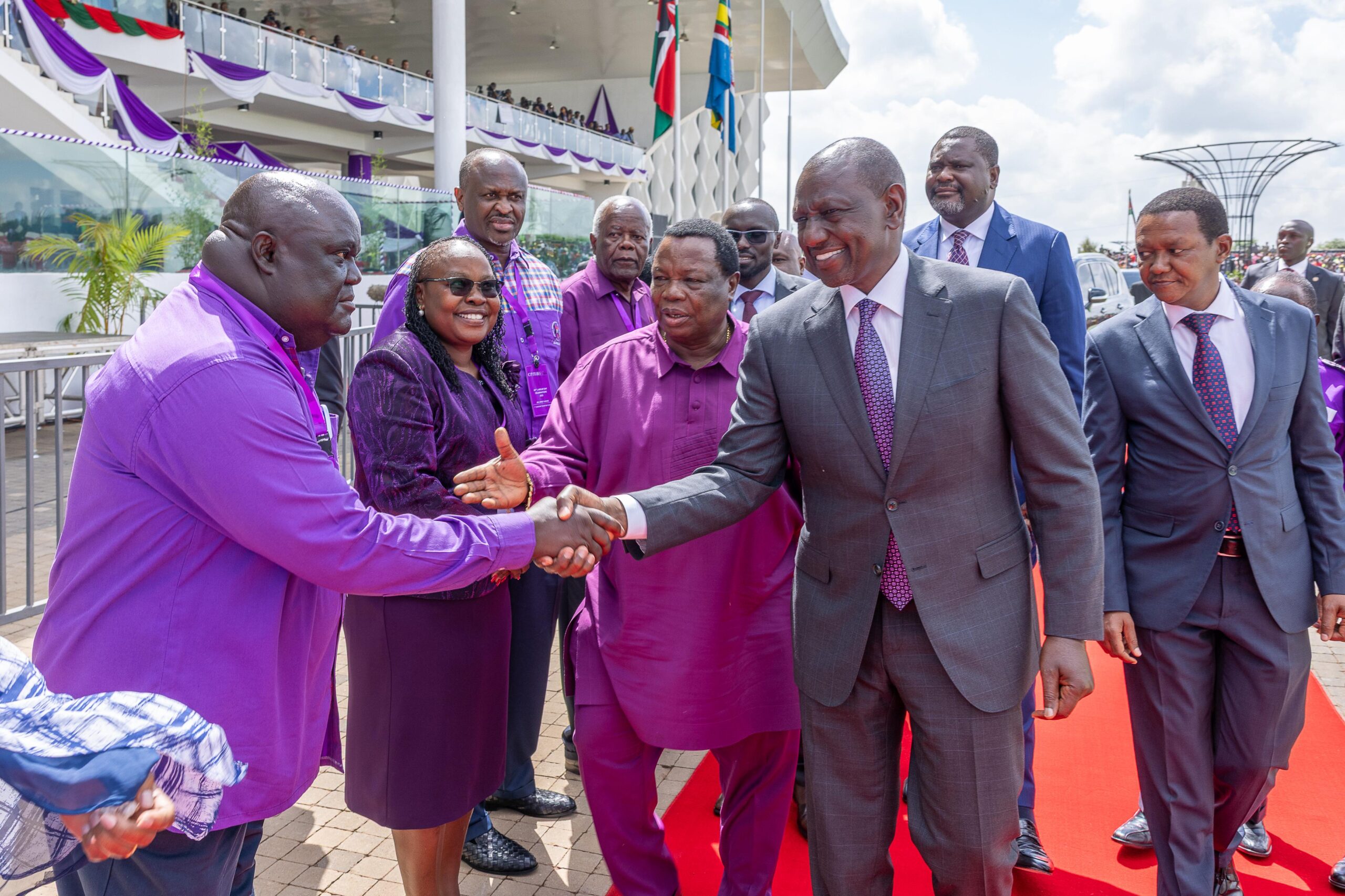
Ruto Defends Unpopular Policies, Cites IMF Data Showing Kenya Among Top African Economies » Capital News
NAIROBI, Kenya May 1 – President William Ruto has defended his administration’s controversial economic decisions, saying they are bearing fruit and have positioned Kenya among the leading economies in Africa, according to new data by the International Monetary Fund (IMF).
Speaking during Labour Day celebrations at Uhuru Gardens, the President said the government’s bold reforms — though unpopular — are critical to securing long-term prosperity and economic self-reliance for the country.
“Some of the decisions we’ve made may not have been popular, but they are necessary,” Ruto said. “And today, thanks to those decisions, the IMF has placed Kenya among the top five performing economies on the continent.”
He said his administration remains committed to taking difficult but necessary steps to build a resilient, productive economy, adding that the 2025 Finance Bill — approved by Cabinet this week — is part of that broader transformation plan.
The Head of State singled out reforms in taxation, pensions, agriculture, housing, and social protection as key pillars of the turnaround. He said measures such as tax exemptions on pensions and direct application of PAYE reliefs will boost workers’ incomes, while simplified tax policies will help small businesses thrive.
Ruto cited the doubling of national savings through the National Social Security Fund (NSSF), which rose from KSh320 billion saved over 60 years to nearly KSh280 billion in just two years since the implementation of the new 6% savings rate for both employees and employers.
“If we stay the course, we will surpass KSh1 trillion in national savings by 2027. That is the foundation of a truly self-reliant economy,” he declared.
The President also touted his Bottom-Up Economic Transformation Agenda, attributing increased maize production, revived sugar and coffee sectors, and the creation of over 250,000 jobs under the affordable housing programme as signs of progress.
On health, Ruto said more than 21 million Kenyans have so far registered under the new Social Health Authority, replacing the National Hospital Insurance Fund (NHIF), as part of the push toward universal health coverage.
He vowed to keep up the momentum, regardless of criticism: “I will continue making these decisions for the good of our nation. It is my duty to leave Kenya better than I found it.”
Labour Day was marked amid rising public concern over the high cost of living, heavy taxation, and public debt — issues that have drawn sharp criticism from workers’ unions and civil society groups.
Would you like a version focused more on the workers’ response to his remarks?